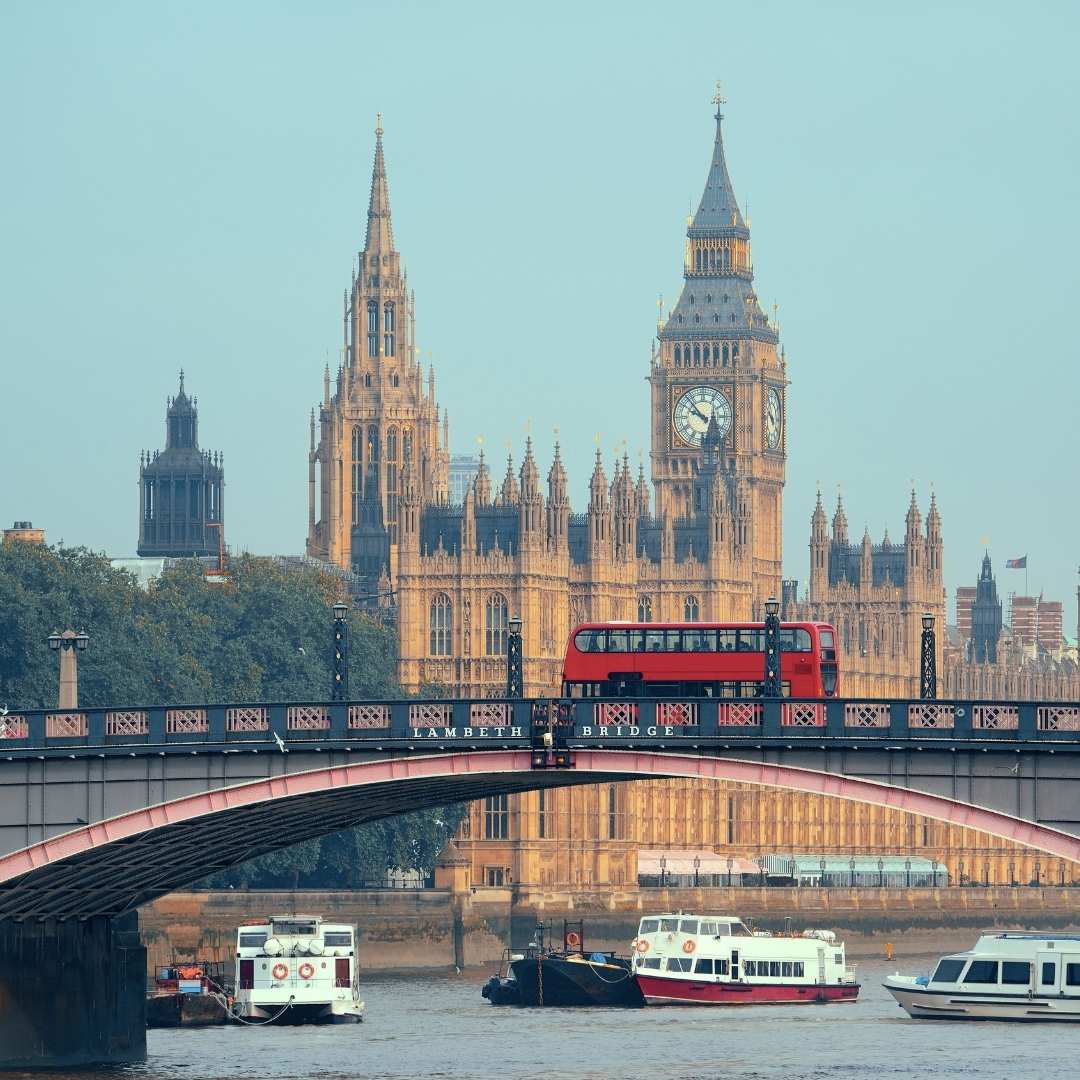Mohamed Mussa writes guest article for The Sunday Times
September 23, 2024 Reading Time: 10 minutes
Mohamed Mussa writes guest article for The Sunday Times
Mohamed Mussa, Executive Director at Chestertons Global wrote for The Sunday Times on the global phenomena of luxury property reality TV.
In the article he explores why the US formula hasn't worked quite as well in the UK, offering an international perspective on the mindset of American and British consumers and comparative real estate markets - as well as culture, history and attitudes to wealth.

American property reality TV has captured the imaginations of millions, with shows such as Selling Sunset and Million Dollar Listing becoming cultural phenomena. These glossy, fun and often ludicrous series mix extravagant homes, larger-than-life real estate brokers and hefty price tags with high-stakes personal dramas.
The formula has been remarkably successful in the US, so producers in Britain have attempted to replicate it. Sadly the results haven’t been as triumphant, with several adaptations falling flat, including the most high-profile, Buying London on Netflix, which was cancelled after one series.
So why hasn’t so called “property porn” highlighting luxury homes in the UK, managed to capture the imagination of British audiences in the same way as the American shows? The answer may lie in the cultural differences between the two nations, particularly around attitudes to wealth, taste, and the idea of what makes a person successful.
There is a divide between the American and the British attitudes when it comes to money. In the US, wealth is celebrated and discussing financial success is part of the “American Dream.” Real estate reality TV plays into this ethos diamond-encrusted and impeccably draped agents showcasing million-dollar properties, driving luxury cars, and flaunting a flamboyant lifestyle. The drama and opulence are integral to the format. It’s a window into a world where success is visual, loud and proudly unapologetic – and British audiences have lapped it up.
On our own patch, however, this kind of overt display of wealth could be seen as a distasteful. The British tend to value modesty and understatement, particularly when it comes to money. The classic British “stiff upper lip” contrasts with the in-your-face tone of American programmes. Supercars, megayachts, designer wardrobes, and eye-watering numbers just don’t sit as well at home with an audience that is more cynical about wealth.
While American audiences may embrace the over-the-top dramatics in property reality shows, British viewers are more sceptical. The recognise the heavy hand of producers who they can tell are scripting conflicts and manufacturing tension.
Another difference is where the luxury homes are. In the US there are entire neighbourhoods in Los Angeles, Miami and New York of unadulterated luxury real estate - row after row of multimillion-dollar mansions and incredible penthouses. And there's a glamour attached to the real estate profession in these areas. American brokers (particularly those on TV) thrive in the role of celebrity, offering a personal brand of success that viewers can admire. Most luxury agents are also paid more than their British counterparts, helped by a commission model.